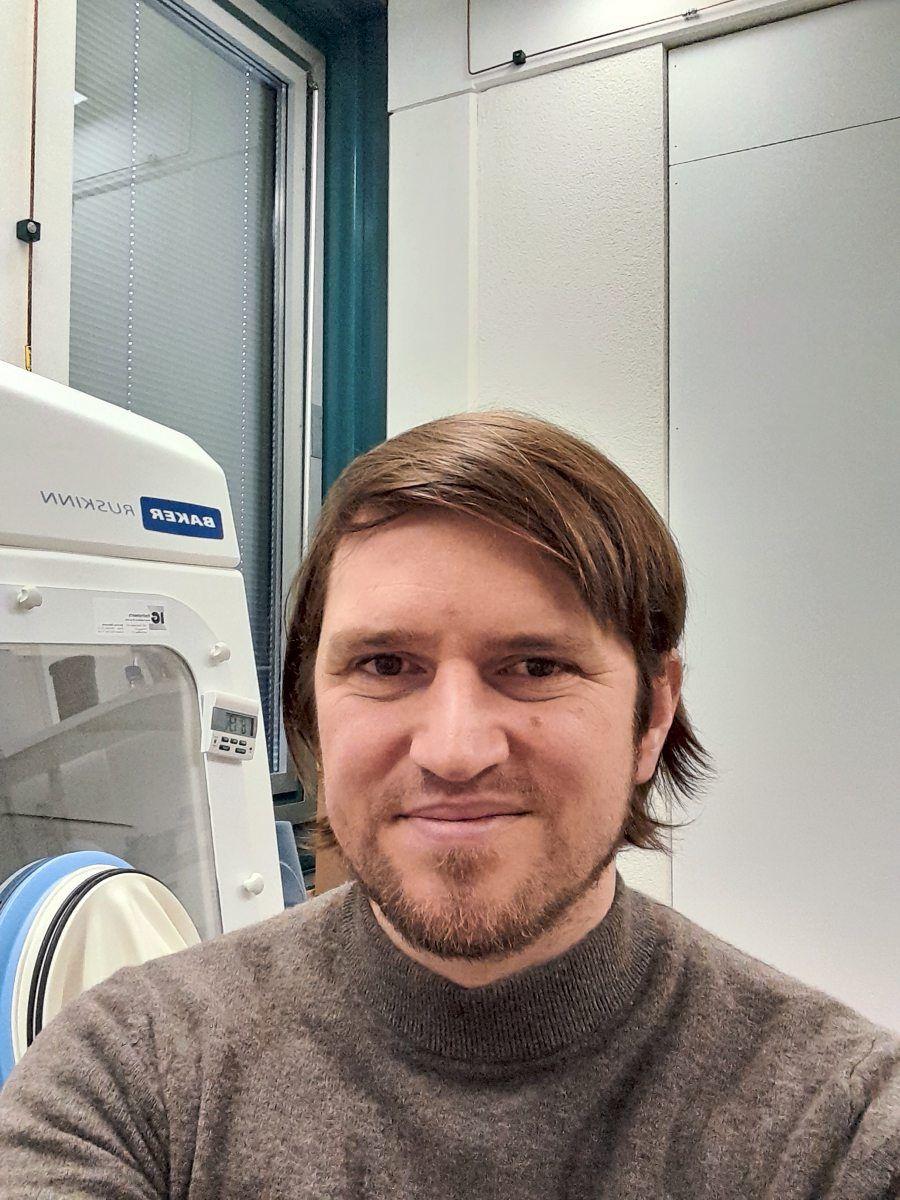Dr. Georg Aichinger
Click the configuration bar to configure the display of this component. Enter the email address (in the configuration bar) of the person whose personal information you want to edit.

Dr. Georg Aichinger
Lecturer at the Department of Health Sciences and Technology
Additional information
Research area
My research background is in in vitro toxicology, human pharmaco/toxicokinetics and gut microbiome - chemical interactions. Here at ETH Zürich, my group develops microbiome-competent physiologically-based pharmacokinetic (PBPK) models to quantitify the consequences of gut microbial bioactivation for human health. Particularly, we look into:
- The intestine as a mediator of chemical toxicity.
The human gutis a largely uncharted site of metabolic bioactivation. Gut microbes metabolize chemicals, potentially yielding transformation products with increased toxicity or bioactivity. Moreover, orally ingested chemicals and drugs alter the gut’s capacity to recycle endogenous molecules by interacting with the microbiome and/or intestinal barrier functionality, and thus disrupt essential processes, e.g. for hormone homeostasis. By applying microbiome-competent PBPK modeling, combined computational / in vitro bioactivity testing and quantitative in vitro to in vivo extraplolation (QIVIVE), we characterize the impact of gut microbial biotransformation on individual and/or population-specific bioactivity and toxicity. - Chemical-specific integration of key biological processes to improve PBK model accuracy.
PBPK models have been significantly improved over the last decade but are still only considered reliable when evaluated against in vivo pharmacokinetic data. This impairs their application to chemicals with limited availability of such data and inhibits their widespread use as alternatives to animal testing. We work on improving the predictive accuracy of PBPK models by developing and evaluating methods to measure and model novel but potentially important ADME mechanisms. This includes gut microbial biotransformation, processes involved in enterohepatic circulation and the conceptualization of sex-specific models. - The Prediction of gut microbial metabolism based on microbiome composition data.
The individual composition of the gut microbiome defines the existence and efficiency of catalyzed chemical biotransformation reactions. In the context of assessing microbiome-derived interindividual differences in the host response to pharmaceuticals or toxins, being able to associate microbial abundance with chemical transformation rates would facilitate personalized nutrition and therapy as well as population-specific risk assessment. Therefore, we develop strategies to predict individual and population-specific gut microbial biotransformation for application in personalized therapy and population-specific chemical risk assessment.
Membership
| Since | Membership |
|---|---|
| American Chemical Society | |
| Swiss Society of Toxicology |
Course Catalogue
Spring Semester 2025
| Number | Unit |
|---|---|
| 751-1000-00L | Agro-Food Projects |
| 752-0182-00L | Principles in Food Science |
| 752-1300-01L | Food Toxicology |
| 752-6210-00L | Toxicology and Nutrition Laboratory Course |
| 766-6300-00L | Fundamentals of Food Toxicology |
JavaScript has been disabled in your browser